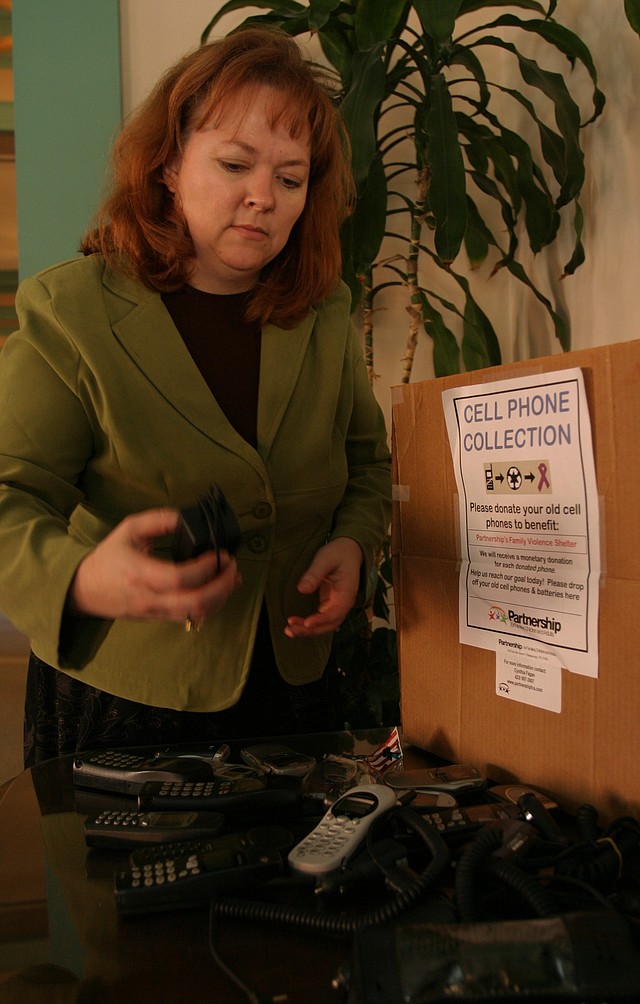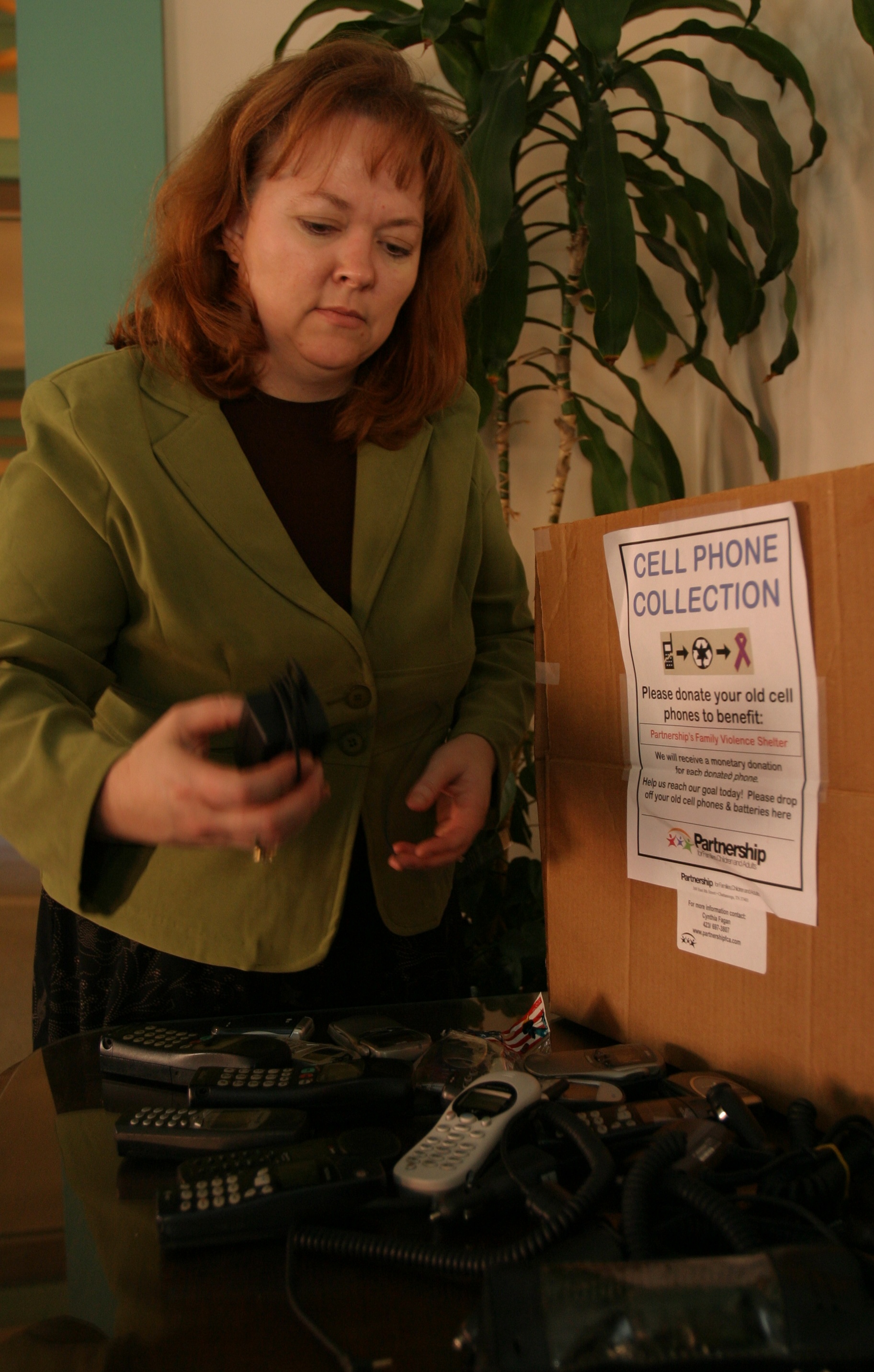Chattanooga groups support increased penalties for domestic violence perpetrators
Friday, January 1, 1904
BY THE NUMBERS• 30: Percent of women in the United States who've experienced rape, physical violence or stalking by a domestic partner.• 2,340: Number of deaths in 2007 caused by a domestic partner.• $8.3 billion: Cost, in 2003, of medical care and lost productivity to domestic violence.Source: Centers for Disease Control
Leaders of two local programs that work with domestic violence victims and perpetrators say mandatory jail time and increased fines proposed by Tennessee's governor could help domestic violence problems.
Regina McDevitt directs crisis services at the Partnership for Families, Children and Adults and was among those offering input for Gov. Bill Haslam's public safety legislative package.
"It promotes victim safety," she said. "If an abuser is in jail it gives the victim an opportunity to seek out resources and services, whether it's shelter or an order of protection."
Haslam's proposed legislation would make jail time mandatory on second and subsequent domestic violence convictions, a minimum of 45 days on second offense and 120 days on the third and further offenses.
State Public Safety Commissioner Bill Gibbons, head of the governor's public safety subcabinet, said in recent interviews the move is an effort to deter recidivism among domestic violence offenders.
McDevitt said that domestic abuse victims return to their abusers for many reasons -- sometimes because the abusers threaten them or their children, or because the victim grows so accustomed to the situation it becomes the norm.
Putting an abuser in jail can give the victim space to realize what's wrong and try to change her circumstances.
Mark Carpenter, director of Lighthouse Counseling and Life Skills Center, said that stricter sentencing is needed, but additional focus on stopping abusive behavior would help.
"We're focusing on punishing their behavior, but not changing their behavior," he said.
Lighthouse offers a state-certified Batterer's Intervention Program. These court-ordered programs require abusers to complete at least 26 weeks of counseling during which they must take responsibility for their actions and change their conduct.
Though the governor's aim is to curb repeat offenders, Carpenter said requiring programs for first offenders also could help prevent future abuse.
The majority of money and time needs to be spent protecting the victim, he said. But some focus on stopping the abuser's actions also will help protect victims.

